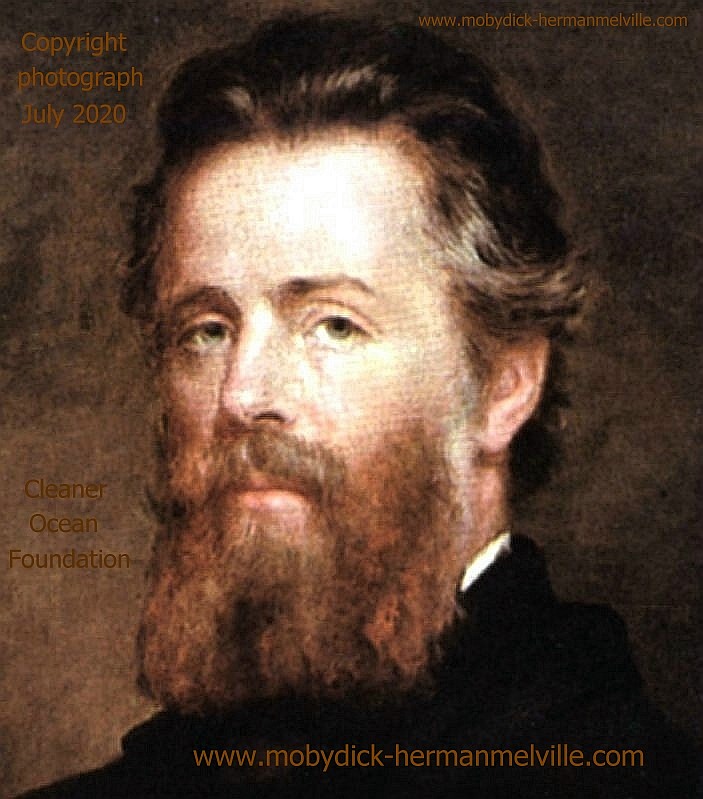|
WHALING HISTORY
Please use our A-Z INDEX to navigate this site
|
|
..
The
whaling history website is a data-driven site that will be useful to a wide range of people, from family historians searching for ancestors, to scholars of the
whaling
industry, to teachers and their students.
With more to come: Links to digitized logbooks and whaling artifacts in museum collections, whale distribution maps, and new ways to embed and share Whaling History content in projects, presentations, and exhibitions.
Mystic
Seaport collaborated with The
New Bedford Whaling Museum in the production of this online
resource.
CONTACTS
Whaling History is a collaboration by The New Bedford Museum and Mystic Seaport. Please see their contact details.
http://melville.dk/ https://www.whalingmuseum.org/
Herman Melville was the author of a novel about a way of life that we'd now consider an illegal activity, the commercial hunting of whales for oil and meat, using harpoons. But whaling was a way of life before humans realised that if we hunted the whales to extinction, we'd lose that biodiversity and a limited natural resource, should agriculture fail completely to supply food for a growing population. In that case Herman's experience among the cannibals in Typee, may come in handy.
Please use our A-Z INDEX to navigate this site
|
|
|
This website is Copyright © 2020 Cleaner Ocean Foundation Ltd and Jameson Hunter Ltd
|

